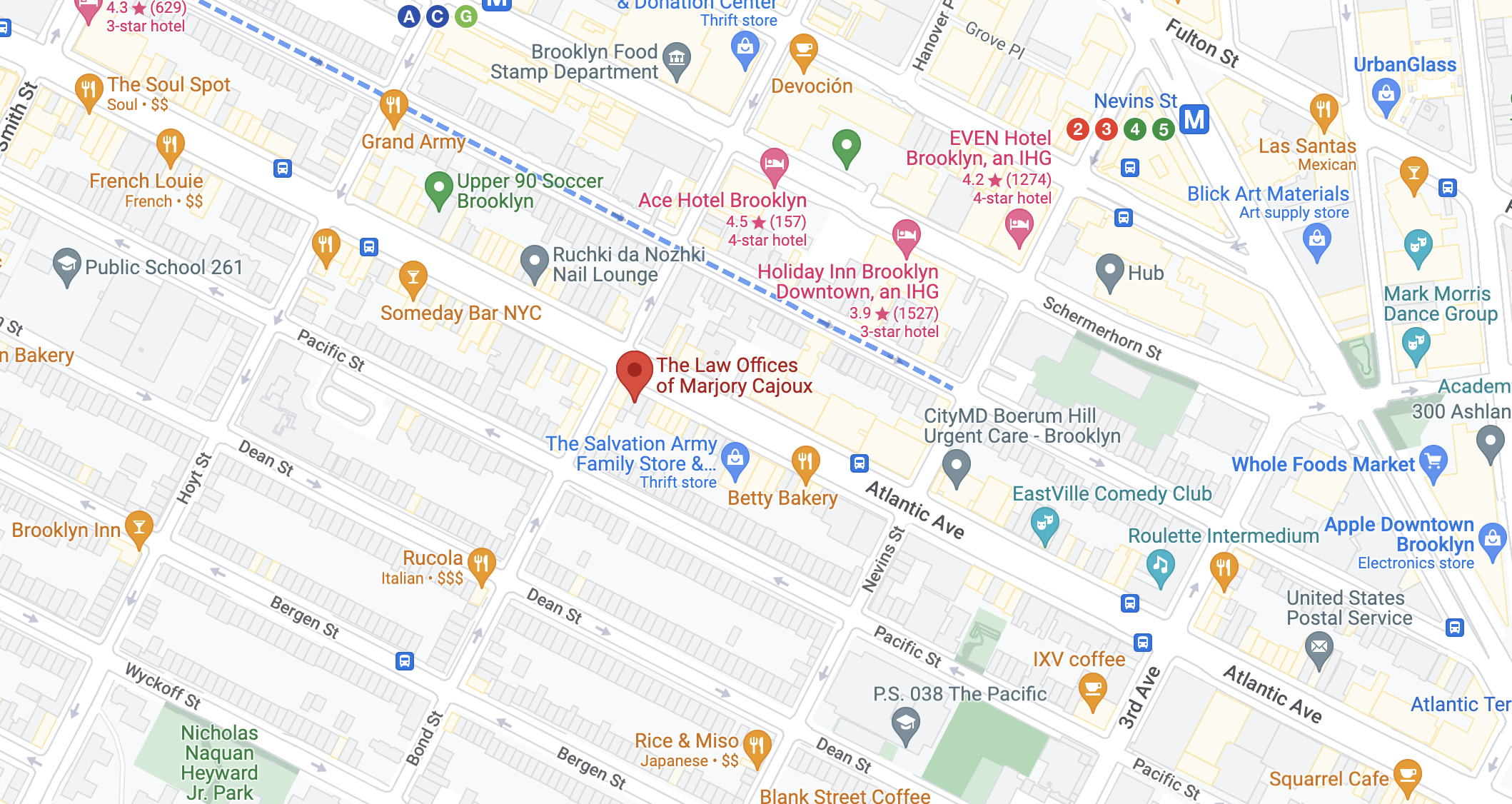R-1 Visa Lawyer in Brooklyn Helping Religious Workers Practice in the United States
The “R” in R-1 visa stands for religious worker. This visa is for individuals traveling to the United States temporarily to work in a religious occupation at least part-time (20 hours or more weekly). There is a pretty wide range of religious occupations included under the R-1 visa, including religious instructors, preachers, counselors, cantors, workers in religious hospitals, missionaries, or religious broadcasters. Typically, these visas aren’t for people working non-religious jobs who simply claim to be religious, I.E. a plumber who also happens to go to church on the weekends. Students of religion also do not typically qualify for an R-1 visa. In fact, a religious worker cannot file an application themselves, rather, the religious organization must file the petition on the worker’s behalf. The good news is that if, as a religious worker, you qualify for eligibility, and the organization you work for is a 501(c)(3) IRS-recognized religious institution, the R-1 Visa could be a great fit.
What are the Benefits of an R-1 Visa?
One of the major benefits of holders of an R-1 visa is the ability to remain in the United States for two back-to-back 30-month terms. With the help of an R-2 visa, you can bring your spouse and children into the country for the duration of these terms. R-1 visa holders are also able to freely enter and exit the United States without restriction. As long as the paperwork is turned in properly and on time, R-1 holders can change employers as they please without ever leaving the country. Lastly, R-1 visa holders are covered under the same U.S. labor laws as any other U.S. citizen. If you think you could be eligible for an R-1 visa, you should speak to an R-1 visa lawyer today who can help ensure your application gets approved.
What are the Drawbacks or Limitations of an R-1 Visa?
There are a few important restrictions by which all R-1 visa holders must abide. First, each worker must prove that he or she has been a member of his or her current denomination for more than two years prior to coming to the United States. Further, there are no circumstances under which R-1 visa holders may remain in the United States for more than 60 months. If you wish to remain in the U.S., you must first return to your home country for at least one year. Finally, spouses and dependent children who enter the country on R-2 visas are not eligible to work. Otherwise, the R-1 visa can be a great option and an immigration attorney can help you navigate the best path to obtaining one.
What is Considered a Religious Denomination?
In the United States, a religious denomination is defined as a religious group or community of believers governed or administered under a common type of ecclesiastical government. A religious group or community is considered a religious denomination if there is a common statement of faith among all members, a common worship practice, and a common code of conduct. If a religious group shares a way of performing ceremonies or places of worship, they may be considered a religious denomination. An R-1 visa lawyer will be able to analyze your faith group and determine if they will be considered a religious denomination based on the country’s specifications.
How Can an R-1 Visa Lawyer Help Me?
The Law Offices of Marjory Cajoux specializes in R-1 visas and is ready to work with every type of religious organization to make sure their workers are able to enter and exit the United States in a safe and legal manner. If you’re looking at the complex process of obtaining a visa with an overwhelming state of confusion, don’t worry, we can help. To learn more about the process of obtaining an R-1 visa, call 718-237-0411 to schedule a free consultation with an R-1 visa attorney today.



